The days may be getting longer as the season heads into summer, but a sunset is coming where the estate tax exemption is concerned. You’re likely already talking with your clients about the changes scheduled to be triggered when January 1, 2026 rolls around. This is the date that the gift and estate tax exemption–the total amount a taxpayer can leave to family and other beneficiaries during their life and at death before the hefty federal gift and estate tax kicks in–is scheduled to drop, rather precipitously.
For 2024, the estate tax exemption is $13.61 million per individual, or $27.22 million per married couple, an increase over 2023 thanks to adjustments for inflation. Later this year, the IRS will issue inflation adjustments for 2025. For 2026, the exemption is scheduled to fall back to 2017 levels, adjusted for inflation, which would roughly total $7 million per person. That is quite a drop!
During the event, Denise shared several enlightening statistics:
- Only 1.8 percent of charitable giving is dedicated to women and girls, and the share dedicated to women of color is even smaller; approximately 0.5% in the U.S. (Source: Women and Girls Index, 2023)
- In 2021, women represented 35% of the STEM workforce; up from 32% in 2010 (Source: National Science Foundation). Specifically, women make up 25% of jobs in computer science and 15% of jobs in engineering (Source: Pew Research Center, 2021)
- In evaluating STEM programming by impact on girls interest, confidence, competence and value, GirlScounts USA found that participation in even ONE program can make a difference
The Community Foundation for Northern Virginia is awarding $805,940 in grants to 49 local organizations through its 2024 Community Investment Funds (CIF), Environment Fund, and Ross-Roberts Fund for the Arts competitive cycles. These grants, supported by charitable endowments and managed by the Community Foundation, will address current and emerging needs in the region.
Support this Community Resource
It’s not your imagination! More and more of your clients are investing in private markets instead of simply limiting their strategies to stocks listed on the exchanges. Indeed, the number of publicly-traded companies has declined significantly since the mid-1990s. Although many clients are investing in “alternative” vehicles to participate in private markets, a large portion of some clients’ wealth is represented by closely-held stock in businesses they’ve started or in which they are investors.
As trends in equity ownership have shifted toward private investment, trends in charitable giving have shifted, too, toward increased popularity of giving closely-held business interests to charitable organizations such as a donor-advised or other type of fund at the community foundation. Here are three factors to keep in mind as you counsel philanthropic clients who own shares in a closely-held business:
A Farm Less Ordinary was awarded a Community Investment Fund Grant under the category for organizations serving individuals with intellectual or developmental disabilities in 2022. Greg was also featured in one of the videos we shared at the 2022 Raise the Region gala. “We were able to keep some of the growers employed through the off-season with that grant,” Greg explained, “which is something you always worry about, having consistent, meaningful work. Especially for people with disabilities.” He talks through other challenges people with disabilities face in terms of accessible work. Greg mentions how the statistics suggest 65% of people on the autism spectrum don’t drive. In a place like Loudoun County with less transit access compared to Arlington or DC, this could mean not only being cut off from work, but from community itself.
Here are just a few examples of how our 2023 CIF grantees are changing lives:
As keynote speaker David Brooks says, “America is fractured and living a quiet crisis of disconnection. We have lost our trust in each other and our institutions. Divided, we face uncertainty, social turmoil, and political gridlock. Yet, within every community lies an answer.” In Northern Virginia, our Insight Region® Senior Director Denise Bellows discussed the trends in national and local data, showing that all indicators of the Virginia Trust Index are down over the past several years. Only around a third of Northern Virginians consider their neighbors “trustworthy.” You can read the presentation here.



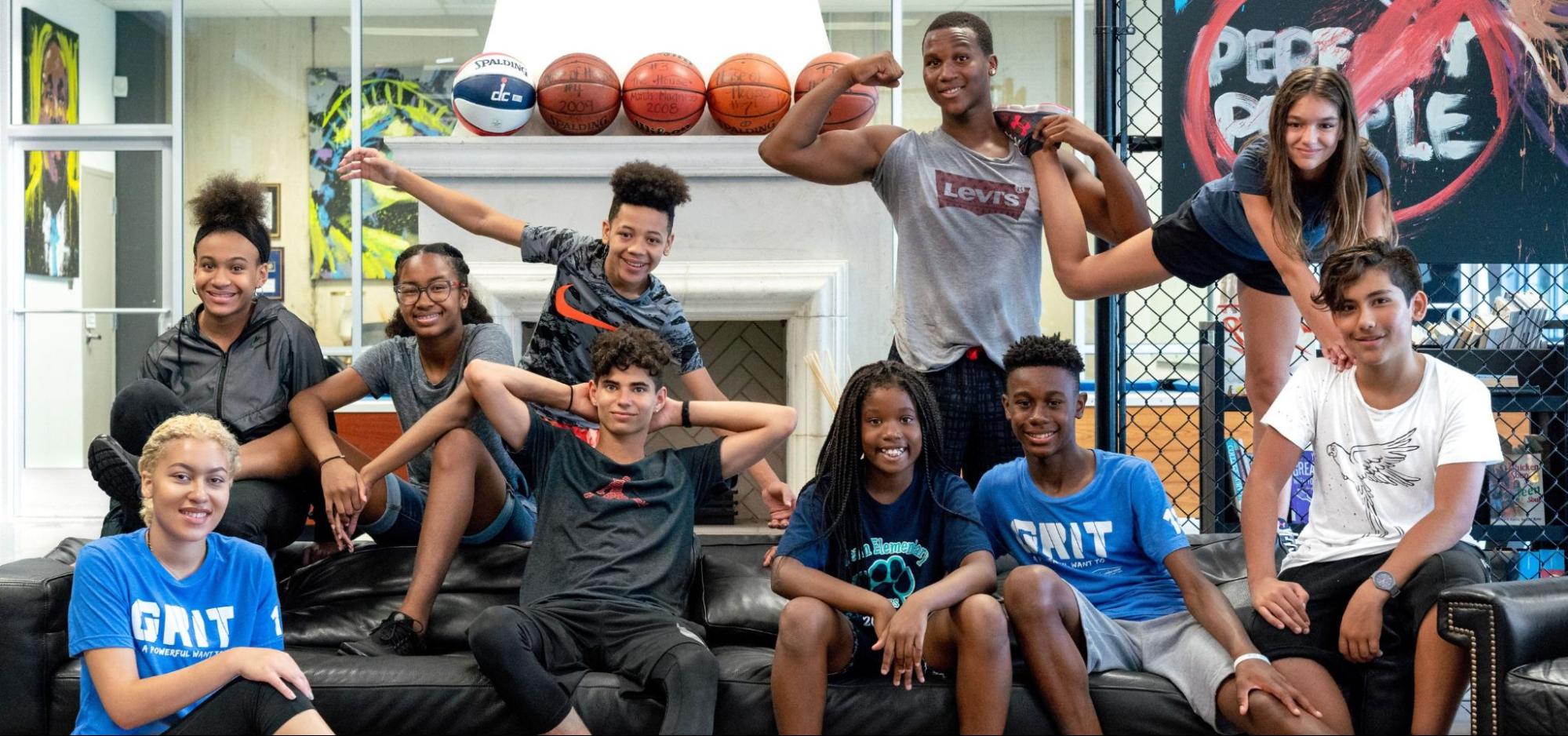

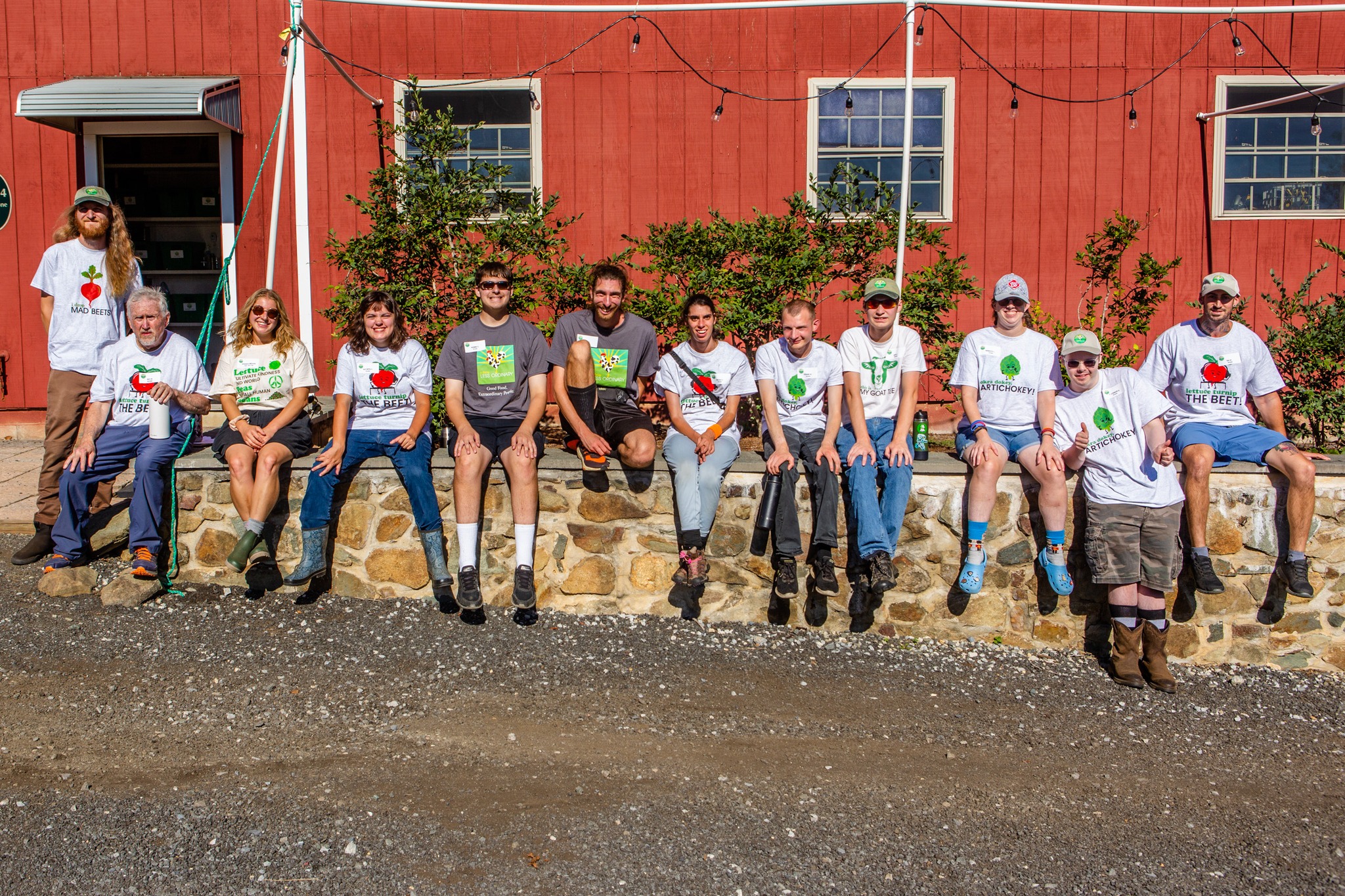
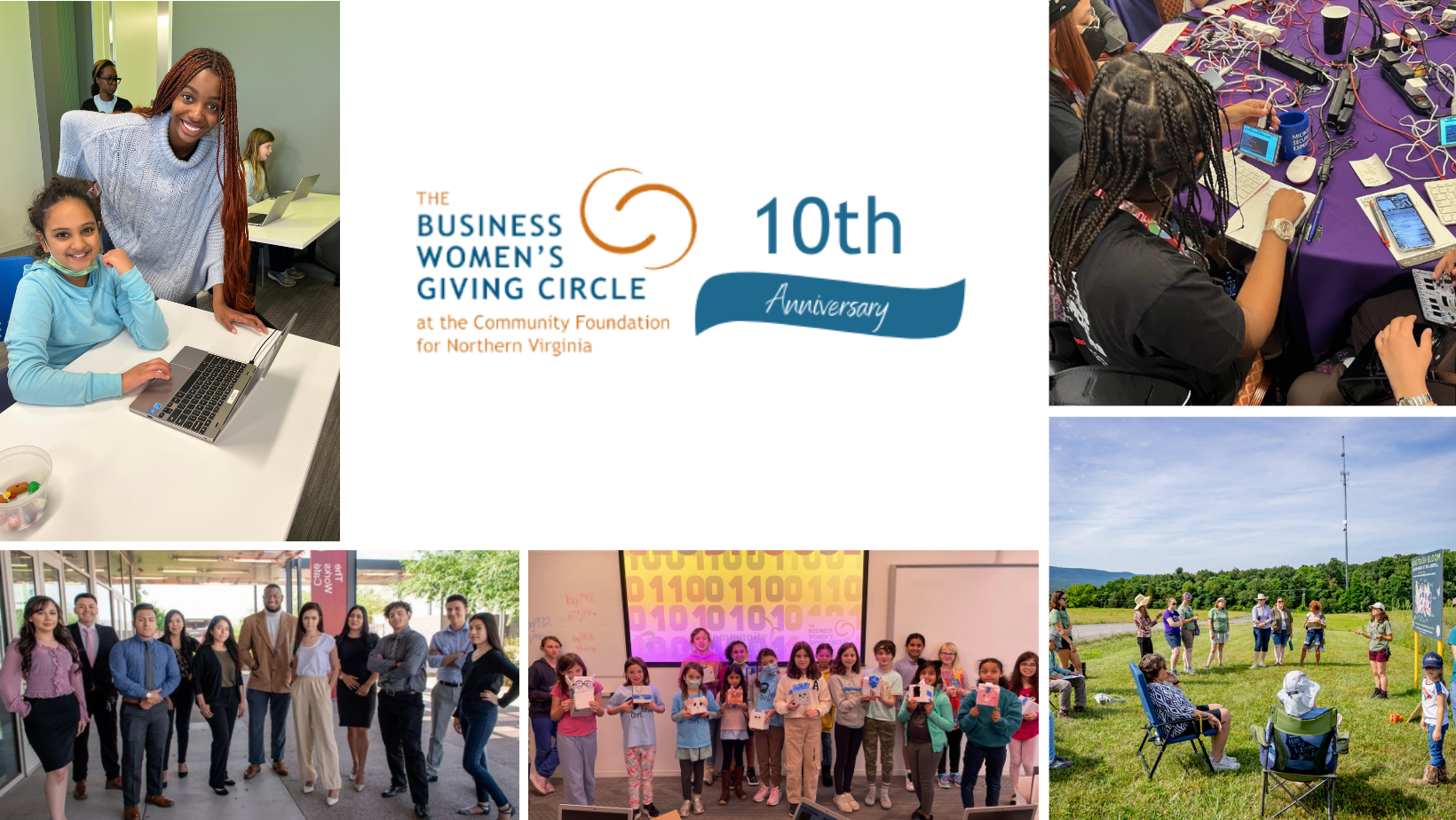


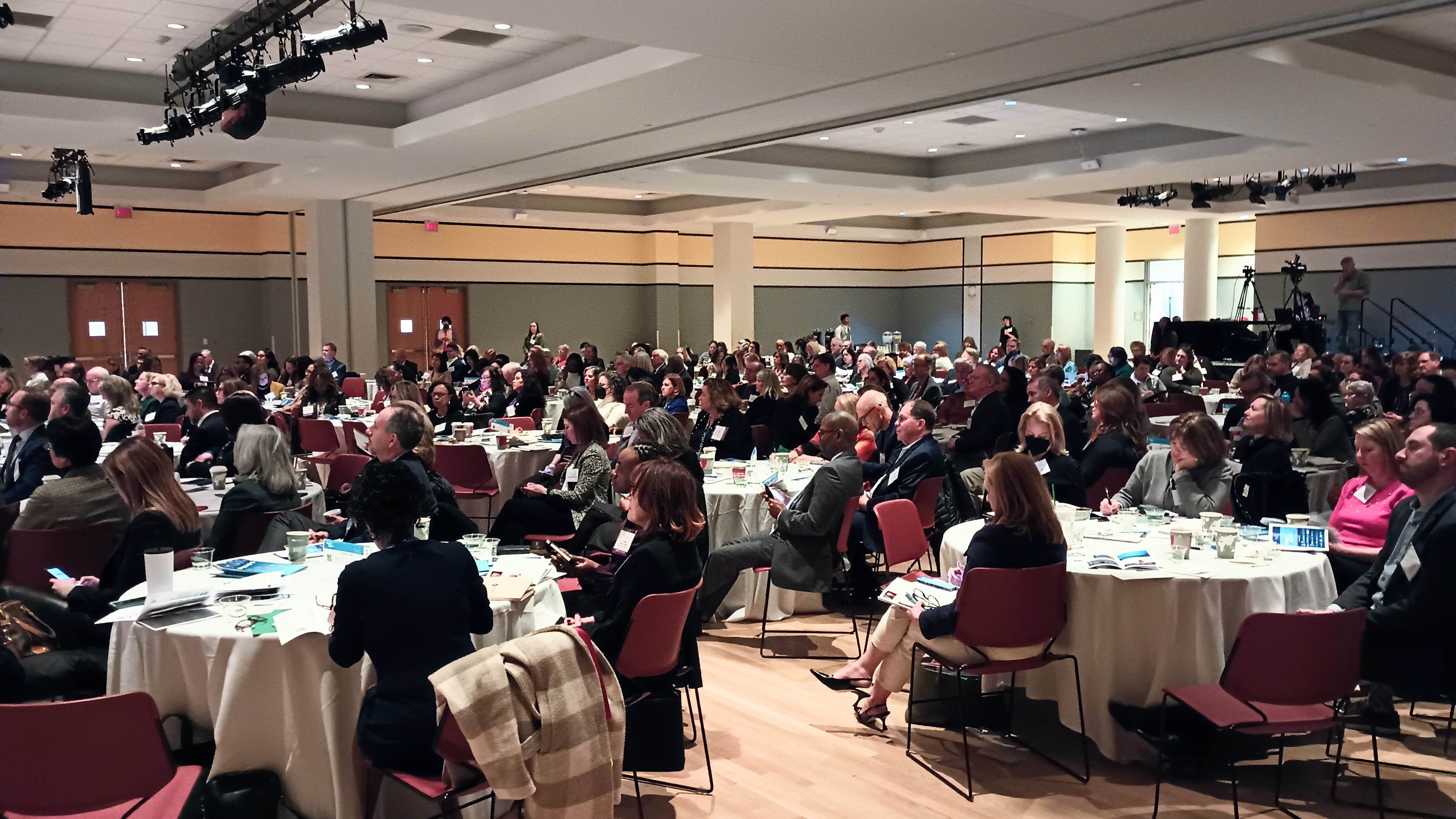

 Questions?
Questions?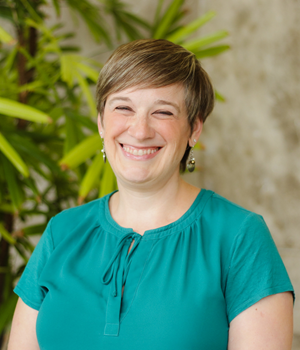 Questions?
Questions?



